Intro & Interviews by Farran Golding
Collages by Requiem For A Screen
Original Photography by Sem Rubio
Beyond Lucas Puig’s reputation as the quintessential European who “made it,” his sponsor history alone weaves his name into the skateboard culture of not only France and America – but also England, China and however many other countries in which he’s filmed video parts.
Born and raised in Toulouse, France, and traveling from a young age, Lucas had no desire to live elsewhere for some time. “I felt like I needed to be home,” he says of the gaps between skate trips. “That’s why I never moved to Paris or another big city.”
Five years ago, however, he relocated to the small Basque town of Biarritz. “We came here to be close to the beach,” Lucas says over the phone one morning. “For me, it was for surfing and for my girlfriend, it was for a different lifestyle. More chilled and less subways, less people. Just taking our time.”
Busting his ACL (again) towards the end of filming for Away Days also contributed to the move. “With the first one, I was told, ‘You’ve been skating your whole life. Your ACL is tired.’ So I took that well. But the second time, it just broke. And I’m like, ‘Man, maybe I need to think of life after skating.’ I couldn’t skate for nine months, and that helped with the move to Biarritz.”
Perhaps it’s the localized setting in contrast to a career’s worth of foreign marble, but Lucas’ recent footage feels pleasantly different. Singular, even. It is a refined, sunkissed version of the skateboarding that made him a household name — which was, in no small way — shaped by friends that he speaks of endearingly.
With that in mind, I hit up those behind his pivotal and more recent video parts for a few second angles on the process of Lucas’ skateboarding.
***
I wouldn’t expect it from a seaside town, but Biarritz looks pretty flush with spots. All that old architecture and a few perfect ledges dotted around, it’s interesting. How much are those surroundings shaping the way you skate nowadays?
Since I’ve been here, I think I’ve become more open to spots. With every piece of architecture I’m thinking, “Is it possible for me to skate it?” I see people do some gnarly tricks here, but it’s not for me. I’m focusing on what I can do. I’m not going to complain, I’m trying to skate what we have and, through that, you open your mind.
Especially after years of skating — with technical tricks, it’s like, “Here’s a perfect ledge and I’m going to have to do another trick that I’ve never done.” Sometimes it works, but sometimes, I’ll have an idea and it’s fucking difficult.
The past is catching up to you. Like, “What’s left?”
Exactly. “What’s left?” and “What’s possible?” There are thousands of tricks “left,” but I can’t necessarily do them. The window gets smaller and smaller. But that’s what’s magic about skateboarding, even after all these years, you still learn tricks. Like, “I just learnt this one. Right now?” And you go on, motivated.
Going way back to Bon Appetit, would you get taken spots, the camera would come out and – being the new, young kid on Cliché – was there an expectation to get something?
No, it was the opposite. We went to spots for the older guys and Fred [Mortagne] was always hyping me up to film because he knew we had a lot of footage. I wasn’t paying attention to that, I was paying attention to having a good time in the moment.
It was an amazing crew and the best trips ever because we were kids with these grown men: Pontus Alv, Ricardo Fonseca, Javier Mendizabal, Vincent Bressol… It felt like we were on vacation, and because we were skating from ten in the morning ’til nine at night, we’d always get tricks. We weren’t thinking too seriously. We were more interested in getting a beer at night and having fun.
Freedom Fries came out only a year later, but your part in it comes across as a little more considered than Bon Appetit. Every trick in there fits the spot, you know? Were you thinking more along those lines at the time?
I was lucky to have Jérémie Daclin, Fred and all these knowledgeable people around me at that age. My skateboarding knowledge was, like, the Best of 411 Vol. 4 and Hot Chocolate — which were sick — but they knew way more about skating and the capacity of what I could do.
Jérémie would see that I was really into banks, so we’d always skate a perfect bank spot and he’d give me ideas. There were tricks that I didn’t even know were possible.
Jérémie’s like: “You can do a frontside bluntslide, so backside 180 into fakie nosegrind and 180 into back into the bank.”
“What?! That sounds gnarly?”
I’d try it and be like, “Oh my god, it’s fucking working!”
I was really lucky to have that. It all came naturally.
***
“French” Fred Mortagne – Former Cliché videographer
“I always liked the idea of the relationship between a filmer and a skateboarder. You can work together to accomplish something whilst they’re progressing. With Lucas, it was exactly that. It was still the early days and it was a good place to start with a skateboarder with so much talent, to push his trajectory.”
“From the beginning, he was super stylish and technical. When I was approached to film for Cliché, I was motivated by the thought of coming back to France to film for a company, because I’d been in the U.S. working for Flip and éS. In a way, it was a risky decision, but it’s what felt right. And after filming the best skaters in the world — like Eric Koston, Geoff Rowley and Arto Saari — well, Lucas turned out to be of a very high caliber, just like those guys. That was very comforting.”
“I’m sure everybody anticipated [Bon Appetit] could be something powerful. We were a European brand, making a European video, more-so for the European audience, although we knew it could radiate further. But I don’t think we had any anticipation of how much and with a part like Lucas’, it was well received [in] the world over and gave Cliché a new dimension.”
***
You’ve said you believe being so representative of France has contributed to your success, but has that standing ever weighed on your shoulders?
Honestly, yeah. In France, there are a lot of talented skaters who could accomplish the same things as me if they had the same opportunities, and if they gave the effort I gave.
I didn’t want to be famous, I didn’t want to make money. I was happy to have free shoes, for sure, but my goal was to skate everyday. No matter who with. Then I got on Cliché and I never left because they were like family. I skated for them for more than 15 years, that helped build my career, and when Lakai came afterwards, that was another huge opportunity. I knew the chance I had and felt, like, “Okay, I’m going to try to give it more” [and treat it] as a job. “I’m with the big dudes now,” I thought.
What’s your take on Europe’s position in skateboarding these days?
Before, the dream was American, whereas now you know that it’s possible to do it as a European. Europe’s never been this big in skating.
The importance of where people are based has broken down, too. Maybe it’s a stretch to say you were ahead of the times, but still, I imagine that makes you happy for the current and future generations.
Yeah, because it’s a big gamble. Back then, a lot of people would go to the States and place all their cards on it. It would work for five years and after that, they’re fucked. People got to enjoy five years of life, but they’re also losing it, you know? If you stay where you’re from, then you can build your life. You can live with your family. You’re not trying to “make it,” and you don’t have that pressure. If you’re talented and have the right drive, it can work for sure.
If I’d have been living in L.A. for Fully Flared, I’d have been one, amongst hundreds of skaters. Nobody would have seen the difference. People saw that I had a lot of footage in Europe, and that made me stand out. Maybe people thought, “He’s not as good, but he’s European so I prefer his part and the spots.”
I don’t know about “not as good…”
Well, it was more accessible. When I was a kid, watching a part from any Californian skater left me feeling like, “I can’t do any of these tricks.” Maybe with our skating, people related to it more.
Fully Flared is one of the most significant videos of the last twenty years, but it also has the broadest European presence for something of that caliber, possibly ever. Did you know the extent of how much you’d be in it from the start?
As you say, it was a video with a big name, so I thought they’d maybe have me film a little section. A minute of me, JB [Gillett] and JJ [Rousseau]. I think I had one trip where I was very productive. Ty [Evans] was the same as Fred Mortagne, in the sense of wanting me to get shit, and once I had maybe a minute of footage, it was, “Right, I want a full part.”
He never told me that. He’d just be hyped to film. He’d send Federico [Vietta] out, do missions to Europe and as I realized I was starting to film a lot of clips, I thought, “What are they going to do with all this?”
At the time, I’m sure they weren’t thinking they wanted me to have a full part rather than JB or Nick Jensen. Between “The French Connection” and “The Royal Family,” you saw Danny Brady, Nick Jensen, JB Gillett and everybody wanted to see a full part from them. I wasn’t “thirsty,” but when you become friends with Guy Mariano and he’s your favorite skater; he’s telling you about his past and you can relate to some of it, and he’s like, “Lucas, we’re going skating today, tell the dude to bring the camera” – it’s fun.
As I said, I’m focused on the day-by-day, so when we were on trips, I was waking up and thinking, “I want to get a clip today.” That was in my head for every spot. I wasn’t really feeling any pressure, it was just for me. I’ve got Federico around, I’ve got Guy Mariano and Mike Carroll to hype me up. It couldn’t have been any better.
***
Ty Evans – Director, Fully Flared
“When I first saw Lucas skate, he reminded me of Guy when he was a young kid. I think a lot of people spoke of that comparison, and Lucas took it in stride, but it was very apparent he was his own person.”
“Lucas was always very laid back. Some of the guys felt a lot of pressure and tension, and I don’t think he ever felt that. If he did, he never showed it. He was always having a great time. Smiling, relaxed, casual, just enjoying the moment and it showed in his skating.”
“He was also very spontaneous, and when you’re at that skill level, sometimes it’s challenging for a filmmaker. He totally caught me off guard one time. On this U.S. trip, we went to a street gap; the one Marc Johnson backside flipped. He did it that night and a couple of other guys were messing around with tricks. Lucas was sitting in the van, then he got out and I saw him skating flatground. He comes over to where everyone’s starting from, and backside heelflips the gap. First try. I wasn’t even filming him, I’m just sitting there with the camera in my hand, watching him roll away. He came rolling back and I felt super bad.”
“Hey, Lucas…I didn’t film that. Can you do another one?”
“He wasn’t angry or anything. He just looked at me and said, ‘Yeah, no problem.’ He goes back, and does another one next try. Two in a row. He wasn’t mad that I’d missed it either. I think that summed him up.”
“Thinking back, it’s him, JJ and JB. He has a David Bowie song and then it goes into ‘Real Big.’ I thought there was something there. Seeing the song switch up and these dudes in Europe crushing it, it felt like they were on their own shit.”
***
Hadrien Buhannic – Blobys and Adidas Filmer
“Everyone thought [Fully Flared] would be a third of JB, a third of JJ and a third of Lucas. We were amazed at the length of Lucas’ stuff in there compared to the other French guys because they were older and a bit more recognized. We probably watched that even more than his Bon Appetit part. It made Fully Flared — which was something we couldn’t really relate to — something legit for us.”
“The first time I got to skate and film with him was during Away Days. It was the last chance he had to film a couple of clips, which never made it to the video. But he filmed a clip in a couple of minutes and that’s the first time I really saw how he does it.”
“I was used to people going to a spot with an idea and not doing anything outside of what they were thinking of. We went to Rue des Saints-Pères, those two green barriers in a row, and he was trying a different line pretty much every time, which was kind of amazing to me. I think he knew he wanted to do something there, because the spot fits his skating, but in figuring the spot out, he was so close to doing two or three different lines. I remember him saying, ‘Okay, this is the one,’ and two tries later he’d done it. He could have done any of the other combinations and it wouldn’t have been a problem.”
“Lucas is always pretty unpredictable. On our first [more recent] trip, he got this big switch back tail on a bump-to-ledge. On the second trip, we were focusing on wallies, like that one where… I don’t even know what to call it [Ed. note: frontside Lotti Spin or “Scratch Card.”] From going switch on a crazy bump-to-ledge, to skating to this little wallie, which we built from a few things laying around the spot; both of those tricks are super sick, but they’re so different.”
***
Torsten Frank – Adidas Cinematographer
“I’ve seen Lucas do the craziest tricks, quickly. He needs a bit of time to figure out the right trick for the spot, but once he’s on it? Bang.”
“Sure, he can freak out, but in the end, we’ve always tried to have fun. Being in a cool crew, skating together, it comes out naturally. For example, we went to Bilbao – where he did the nollie heelflip to fakie on the quarter – and Lucas was like, ‘Guys, we’ve got half-a-year left for Away Days. Let’s put a crew together, go surfing in the morning, then we’ll skate for a couple of hours in the middle of the day.’ It wasn’t planned in a sense that put the pressure on. We were so productive because we had a good time and tried to not think about how we’re doing this full-length video.”
“When I went to Biarritz, it wasn’t actually to film a full part. I was there for ten days and I remember him saying, ‘Torsten, if I land a good trick on the first day, we’re going to go for it.’ And on the first day, he did two really good things.”
“Altogether we filmed for twelve days and he did a trick on every single one. It turned into a three-minute part, with some surfing too, and that’s what he’s feeling right now. We didn’t go back for a trick; if he landed it, then he landed it and if not, not.”
“It’s all about the crew for him. Almost every day, we skated with Maité [Steenhoudt], who’s more transition focused and doesn’t skate ledges like Lucas, but the situation had such good vibes. Maité was there, smiling and doing her tricks, and Lucas was doing his. It just came easily.”
***
You’ve been surfing a lot lately. What drew your interest in it?
I was going on a lot of vacations with my girlfriend and eventually I thought, “I can’t just go to the beach and sit there like a crab” so, one time, I rented a surfboard and I got addicted. It’s like skating. It’s another thing where you just want to do it again. Then you never stop.
I’d guess there’s less personal expectation involved too, compared to skating?
That’s why it’s really addictive. When I started skating, I loved it – as I love it now – but I had zero tricks. Every time I’d skate, I’d learn a trick. Unfortunately, that doesn’t happen now. I try, but it’s hard. But surfing is like that, and I catch onto something every time. Putting my weight here, or something little with the ocean, like noticing the current is going one way, so I’m going to go with it and not fight it.
Watching you skate over the past couple of years, I get the impression that you know you’ve got nothing left to prove and now you’re just enjoying yourself. What’s your relationship with skating these days?
My goal isn’t to show that I’m the new hot guy who can flip-in, flip-out, do long lines and skate big stairs. I don’t think that’s my role anymore. More, I think my role is to show that it’s magical: to have fun, to still learn tricks, and do my same tricks, but in a different way.
Because with all of those video parts…in the end you’re kind of suffering through the stress. It always works out, but it’s a lot of — not pressure — but it’s tiring to know that you’re going to battle a trick forever. I mean, sometimes it’ll work out quickly, but sometimes you work fucking hard for a trick and then it’s like, “Oh yeah, great. I’ve got 35 more to get.”
Now, I’m just trying to have fun and I’ll still try tricks for three hours if I feel like they’re worth it.
It sounds like a video part isn’t about topping your last one anymore, either, but just doing something well and enjoying your environment.
Yeah, and a good example is the part for my blue shoes. The tricks aren’t insane, but we did one mission for a week, and then Torsten visited again for a few days. It was a really short amount of time, but I was hyped to get this little part going. Every day, I would go and put pressure on myself, but for a good reason. I could struggle with tricks, focus a board and yell, but I was stoked! I knew what I was doing it for.
These days, there are so many new parts that, to me, it’s not really worth working on it for two years. Those new tricks that you did two years ago are already out.
Living in a smaller place, is it harder to avoid the celebrity status of being Lucas Puig?
No, honestly. I go to the park and there are a lot of kids, who skate well, but they don’t recognize me. There was one kid who saw my shoes and said, “Oh, you’ve got the new Puigs!” He was really young, and he didn’t know me, but he knew my shoe!
I was like, “Yo, it’s…me.”
Then, the kids who are teenagers, I think they’re really focused on the new generation. They don’t watch the old dogs. Not yet. They’ll get there.



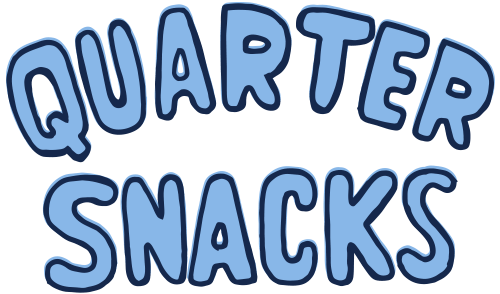


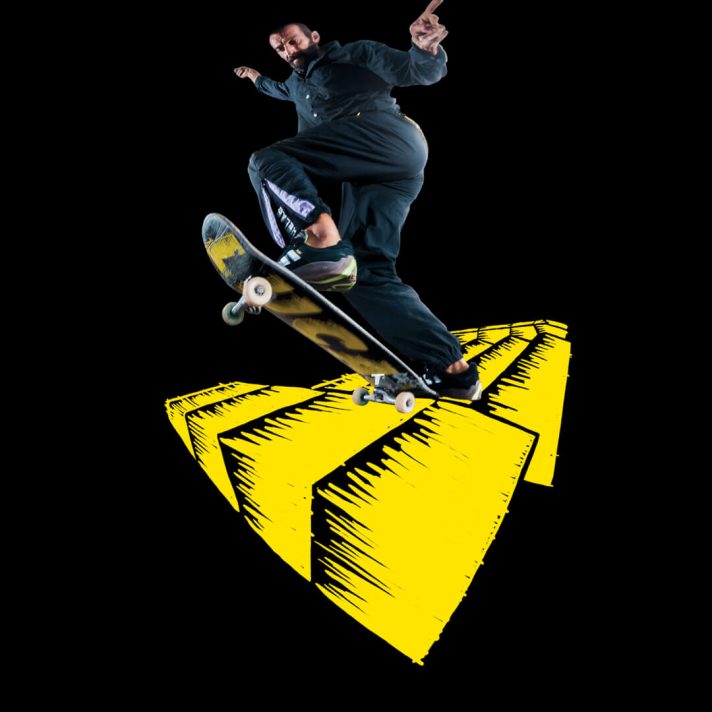
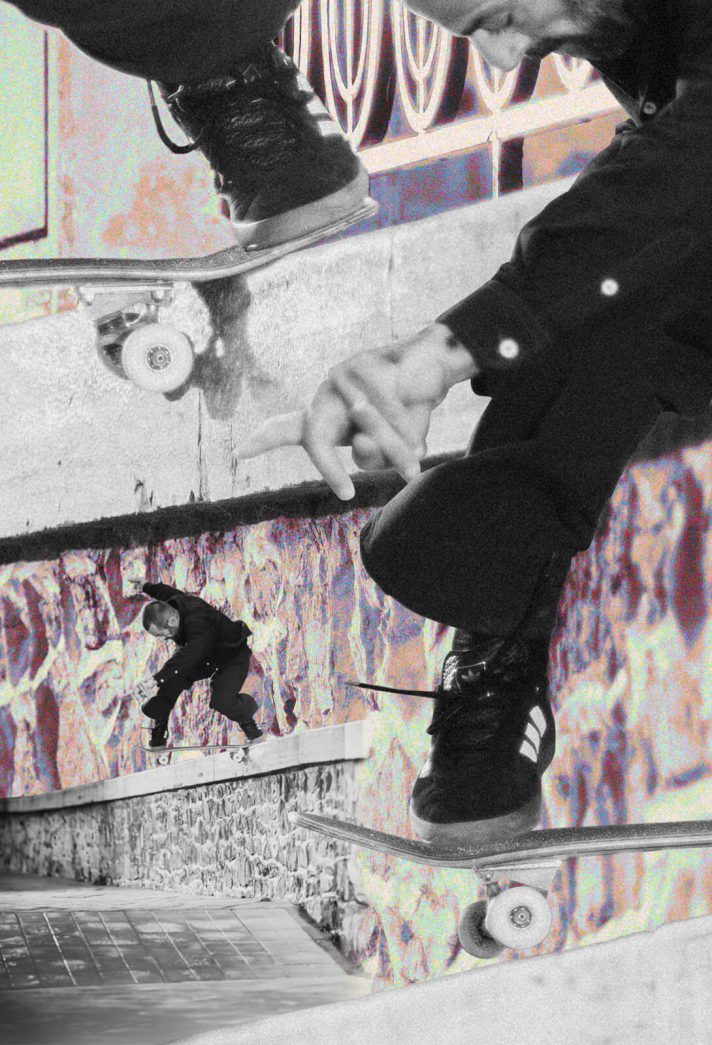
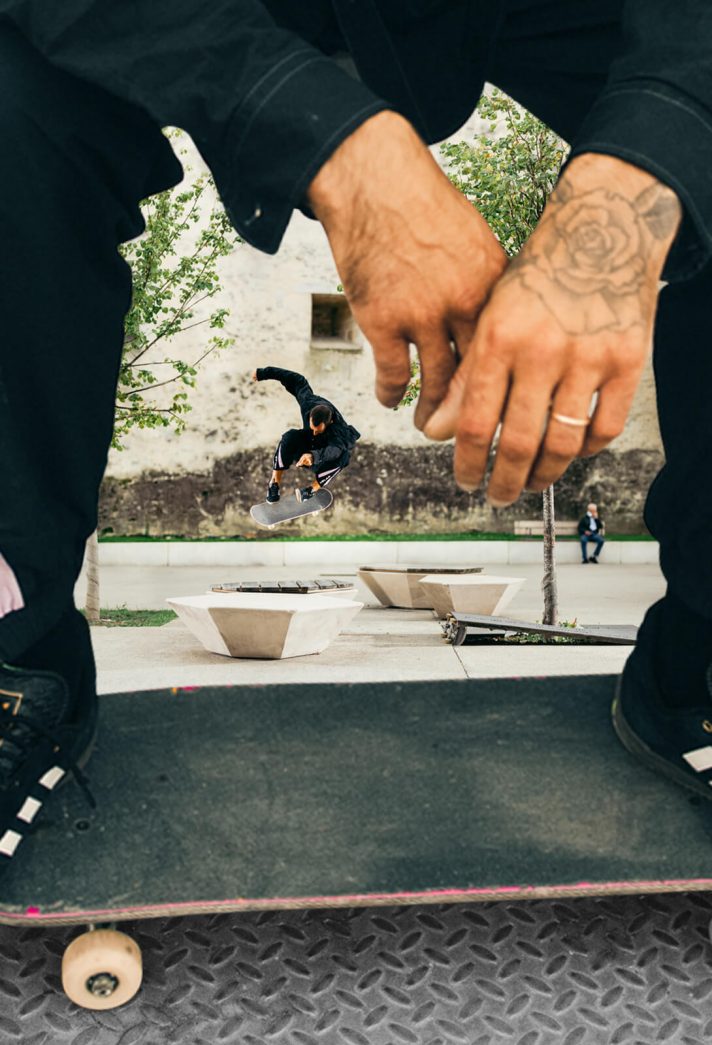
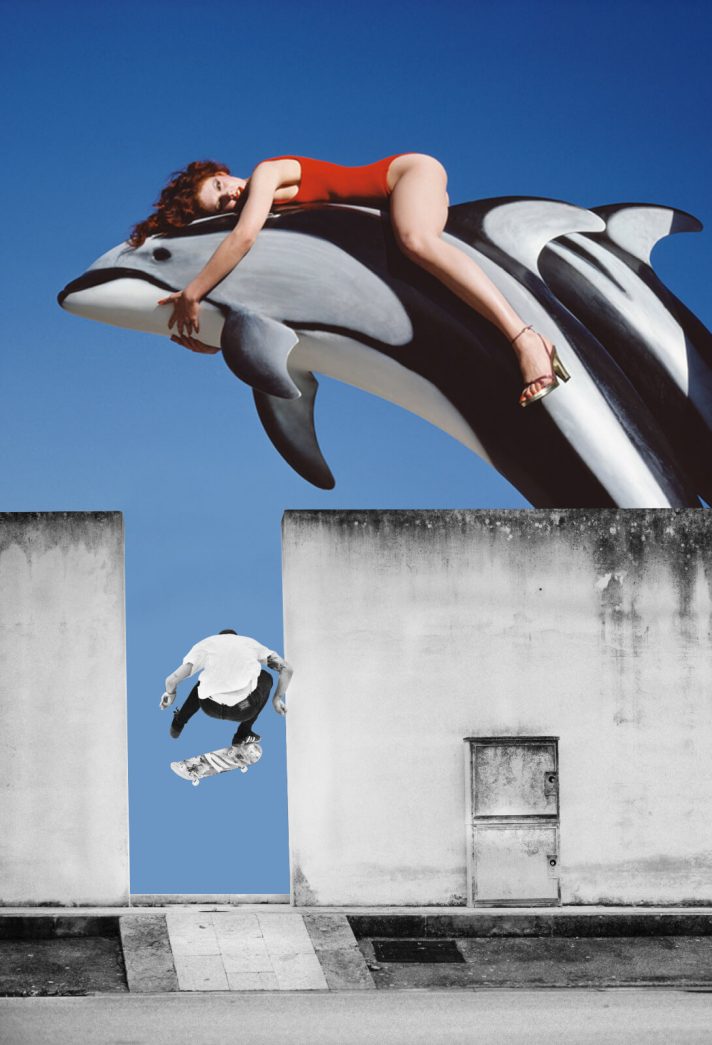
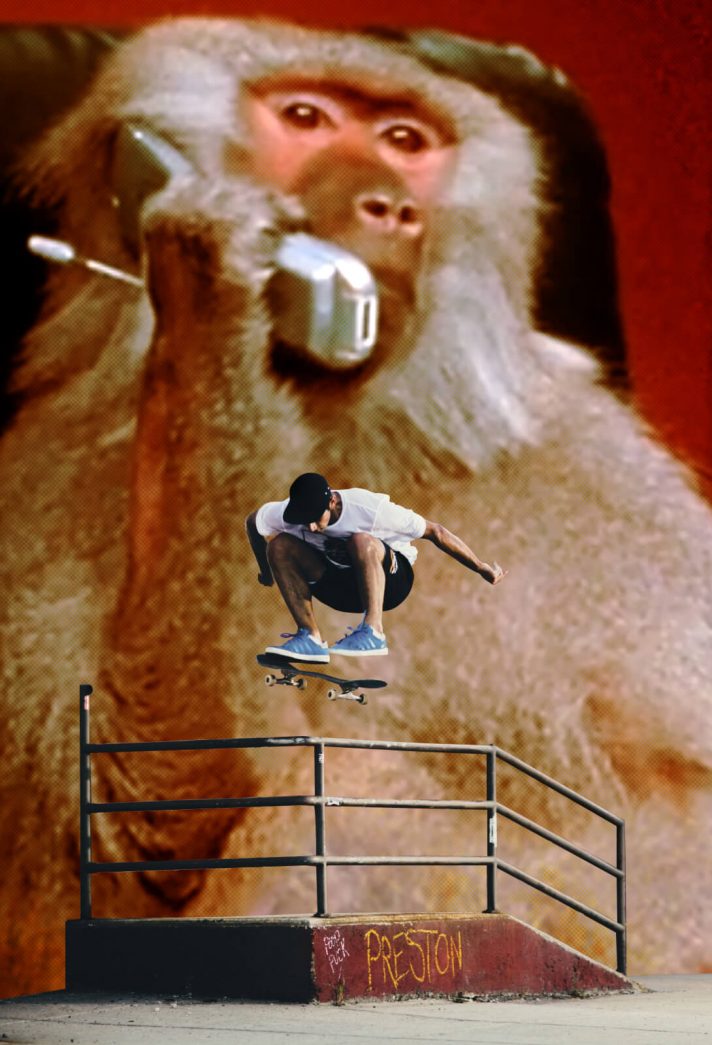
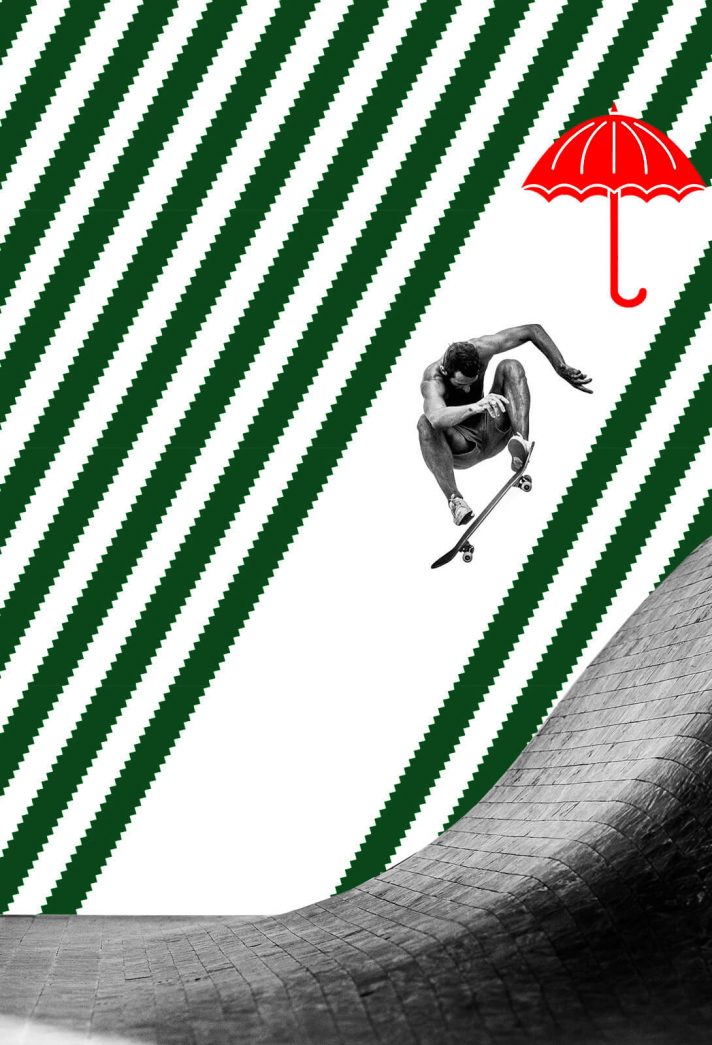
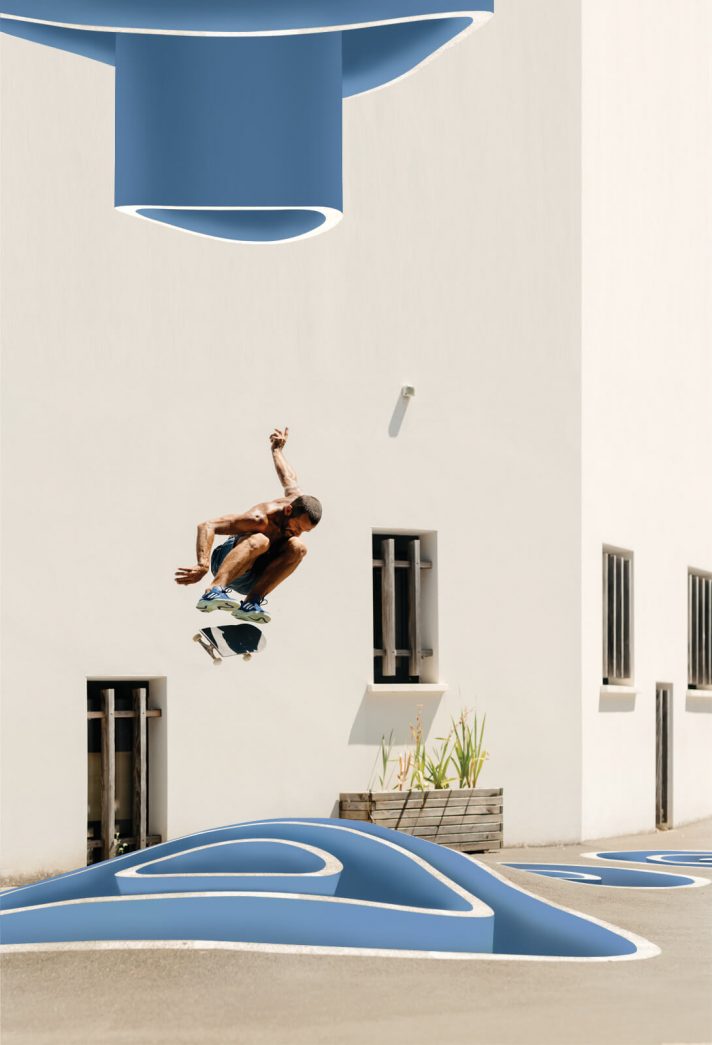
QS content has been very good lately, thanks.
The best content*
The future smells even better than the past, reading this interview ! Thanks QS and thanks Lucas
Lucas is a cool dude. I ran into him in Philly back in 2015 since he was prolly visiting LOVE Park and he asked me if I knew where he could get some EZ Widers in a weird but cool French accent. I just pointed at the nearest 7/11 and he immediately skated to go get them
thought he was married
Amazing interview. You guys are really doing it. pce